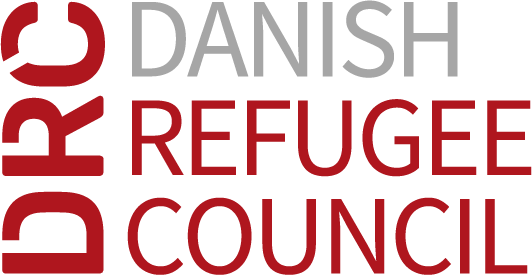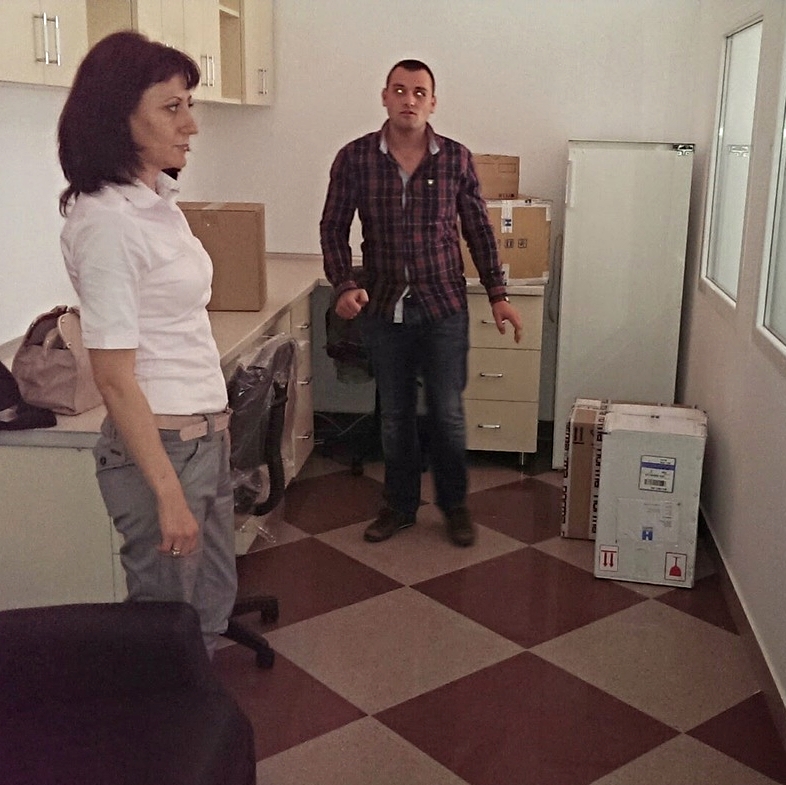British Ambassador Ian Cliff visits DRC beneficiaries in Prizren and Dragash
Danish Refugee Council staff in Prizren were happy to introduce Ambassador Ian Cliff to beneficiaries of two projects funded by the British Embassy.
Elvira Salihi welcomed Ambassador Cliff in her newly opened laboratory. As a beneficiary of the Community Stabilization Project (CSP) Elvira received a grant for medical laboratory equipment and training in order to succeed with her start-up business. The CSP project funded by the British Embassy in Kosovo and the Ministry for Communities and Return is supporting 38 women and minority entrepreneurs from 5 municipalities with grants, field-focused technical advice and business management training to support their new or existing businesses.
Ambassador Cliff also visited returnees in the Nenkalaja / Podkaljaja neighbourhood in Prizren. To date, DRC helped close to 30 families return from displacement and rebuild their lives with funding provided by the British Embassy in Kosovo and the Ministry of Communities and Returns. The Sustainable return and reintegration project reconstructs and furnishes homes and provides income generation support for all returning beneficiaries.
For more pictures of the visit, follow UK in Kosovo, the British Embassy's twitter feed here











